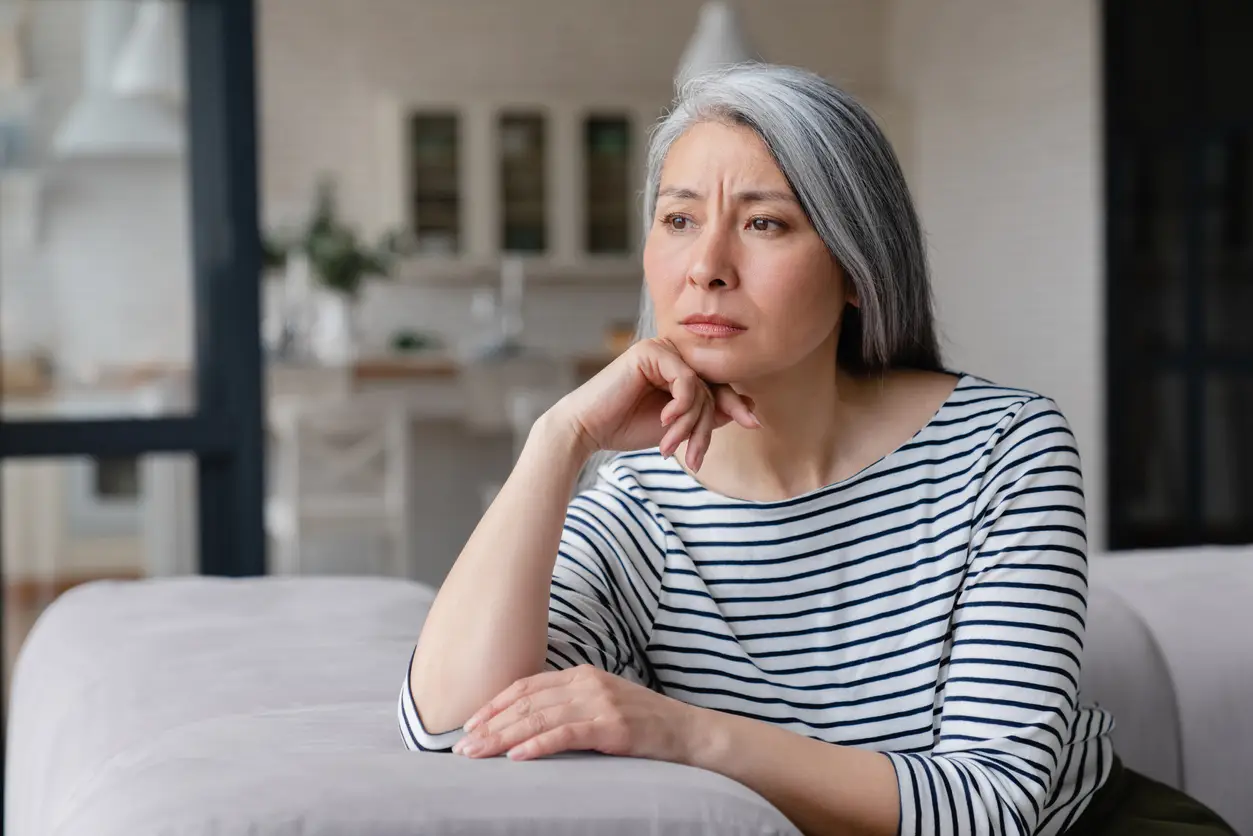Reviewed by Leigh Ann Scott, MD of Forum Health Las Colinas
Use anti-aging strategies from the start for a smoother transition into menopause.
Entering menopause isn’t black and white. It doesn’t happen that you go to bed one night feeling young and healthy and the next morning you are drained and in the midst of menopause. Much like the onset of puberty, menopause trickles in slowly. Despite feelings of youth and vivacity, menopause will gradually take its toll on your body–one day you might feel a bit more irritable than you can explain, and a week later you might be the only one in the room breaking a sweat. These are the types of experiences that stand out as odd at first, but as they repeat over and over it becomes clear that menopause is on its way.
Many women go years struggling with the onset of menopause before seeking out treatment, but there is no reason to wait that long. Anti-aging strategies like hormone therapy reduces the hot flashes, night sweats and sleepless nights that menopause can cause.
How do you know when it’s time to seek treatment? It helps to know how to spot the physical effects of menopause, so you can combat them from the start.
Hello Menopause
Perimenopause is the stage directly before menopause where the brunt of your physical symptoms will arise. This stage in a woman’s life often comes as a surprise, because the onset of perimenopause can begin as early as the age of 40. What is more, most women will begin experiencing menopausal symptoms while they are still getting their periods. That makes the detection of perimenopause even more difficult for many women who aren’t expecting these symptoms to begin for another 10 years.
As the hormone levels in your body fluctuate your periods can become erratic and you’ll experience hot flashes, lack of energy and sleeplessness. However, these are just three of the myriad symptoms that are associated with aging and menopause.
Here are some of the less common symptoms of menopause to keep an eye out for as you age:
- Thinning hair or hair loss.
- Difficulty concentrating and lapses in memory.
- Dizziness.
- Weight gain and bloating.
- Frequent headaches.
- Increased anxiety, irritability, depression and feelings of dread towards things that were once enjoyed.
- Incontinence.
- Increased or changes in allergies, gum problems and digestive troubles.
- Weakened fingernails.
- Tingling feelings in the arms and legs as well as an itchy and crawly sensation on the skin.
You can alleviate these symptoms by undergoing anti-aging treatments like bioidentical hormone replacement as well as with the help of small lifestyle changes like drinking plenty of water, exercising on a regular basis and dropping the AC to keep your bedroom cool as you sleep.
All women experience the effects of menopause to different degrees. If you’re experiencing physical symptoms of menopause, then it may be wise to consult your wellness doctor.
Schedule an appointment with a Forum Health provider to determine if treatments for anti-aging such as hormone therapy can relieve your symptoms.






